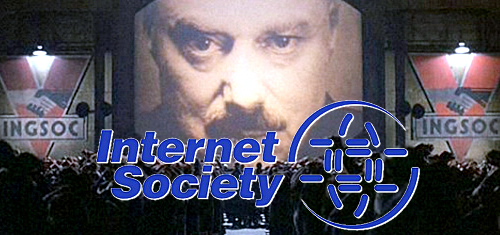 An international online advocacy group has slammed plans by the government of the Canadian province of Quebec to force internet service providers to IP-block unauthorized online gambling operators.
An international online advocacy group has slammed plans by the government of the Canadian province of Quebec to force internet service providers to IP-block unauthorized online gambling operators.
In March, Quebec’s 2015-16 budget plan proposed changing the Consumer Protection Act and gambling laws by introducing an “illegal website filtering measure.” The measure would require the province’s ISPs to block traffic to gambling sites that compete with the Espace-jeux site run by the Loto-Quebec lottery corporation.
The plan was immediately slammed as a protectionist – and likely illegal – move by online rights watchdog Michael Geist and groups representing the ISPs who will be tasked with blocking international gambling sites. Now the Canadian branch of the Internet Society has sent a letter to the Quebec government warning of the consequences of such a plan.
Speaking with Cartt.ca, Internet Society of Canada chairman Timothy Denton said Quebec’s plan was “expensive, it’s futile and it sets a bad precedent.” Denton, a former commissioner with the Canadian Radio-Television and Telecommunications Commission, called the plan “a direct attack on the freedom of movement of thought” and “probably violates the trade and commerce clause in the constitution.”
Quebec anticipated such legal protests by framing its plan as a ‘public health’ issue, you know, because Loto-Quebec cares about mitigating problem gambling issues more than it cares about generating revenue. However, the budget noted that Espace-jeux’s revenue could improve by $13.5m in the first year of IP-blocking, a figure that would double in subsequent years.
Denton acknowledged that gambling posed problems for some individuals but said online gambling wasn’t illegal “and I wouldn’t try to prevent it.” With Quebec’s plan opening up the possibility of blocking other legal activities or speech some politicians don’t like, Denton said Quebec needed to consider whether this was “the most effective way of countering a particular harm without endangering other values you hold important.”
Nathalie Roberge, spokesperson for Quebec’s finance minister Carlos Leitao, said that staff members tasked with crafting the legislation were aware of such concerns. But Roberge cautioned that there’s been “no development on this issue” and there was no timetable for implementation of the IP-blocking plan. The budget called for the necessary legislation to be finished by the end of the province’s fiscal year, which ends March 31, 2016.
Quebec’s plan was doubly controversial given its proposal to issue online gambling licenses to select operators, which is widely perceived to be a gift to Amaya Gaming, whose headquarters are in Montreal and with whom Loto-Quebec already has a commercial relationship. The first inkling of such plans came almost less than a week after Amaya’s purchase of online poker brand PokerStars and Full Tilt in 2014.






